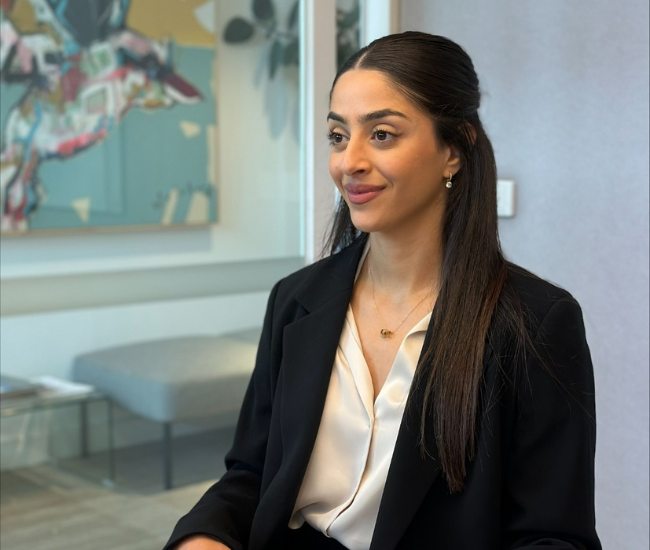In almost every legal proceeding, it is mandatory that the parties comply with important rules of evidence. This applies in both Australian and United States jurisdictions. In this article, we discuss the types of evidence and rules relevant to civil proceedings in the State of New York in the US.
Document Evidence
The discovery of documents is an important part of the litigation process through to trial. Each party has a positive duty to preserve all relevant documents and should do so as soon as litigation is contemplated or expected. Discovery involves each party identifying documents relevant to the proceeding which are within their possession, custody or control. As such, discovery can often be very broad and a time-consuming process particularly as the relevance of certain evidence may not be clear at the commencement of a proceeding. Each party has obligations for continuing disclosure throughout the litigation.
Similarly to the rules in Australian Courts, written requests by the parties can be made for the disclosure of documents and, if any party objects to disclosure (whether that is due to the scope of disclosure, relevance or claims for privilege etc), on a party’s application the Court can make a determination.
Privileged Evidence
New York legislation provides extensive protection against disclosure of privileged documents.
Attorney-client and attorney work-product privilege are common privileges applied also in Australian jurisdictions. The attorney-client privilege includes communications between an attorney and his/her client in the course of providing legal advice. This privilege can also apply to legal advice provided by an attorney working as in-house counsel however, there must be distinction between legal advice as opposed to business advice. Attorney work-product privilege includes documents prepared by attorneys or by counsel in anticipation of litigation. However, this privilege is somewhat limited in that if a party application is made, a Court can order disclosure of the work product.
As part of the attorney-client privilege, New York also recognises common interest and joint defence privileges in which privileged information includes shared information between multiple parties and their attorneys as against another party.
New York also recognises spousal privilege, doctor-patient privilege and clergy-penitent privilege.
Pretrial Evidence
Both expert and lay witnesses are often required to give evidence prior to and during a trial in a civil proceeding. In New York, expert witnesses file with the Court a written report for use in the trial. They may also be required to attend a deposition. A deposition is a witness’ sworn out of court testimony. It is oral evidence given by the witness which may or may not be used during the trial.
Lay witnesses are not required to provide a written statement to the Court however, can do so in the form of an affidavit or declaration. It is usual practice for lay witnesses to attend a deposition and provide their oral evidence prior to trial.
Trial Evidence
During trial, in a similar process to that in Australian Courts, witnesses are called by each party to give evidence. The witnesses may also be cross examined by the opposing parties’ counsel. If a witness is unavailable for the trial, their deposition evidence may be submitted to the Court.
All documents produced by the parties as part of the discovery process outlined above are able to be tendered into evidence and presented at trial.
Our principal lawyer and head of our Commercial & Dispute Resolution Division, Meghan Warren is admitted to practice as an Australian legal practitioner in addition to being admitted as an Attorney at Law to the New York State Bar in the US.
Please contact Meghan Warren or Rosy Dean, Principals for assistance in Australian or US related commercial, corporate or business transactions, advice, litigation or alternative dispute resolution.
If you have any questions please contact our office on +61 3 9822 8588 or email HERE.








